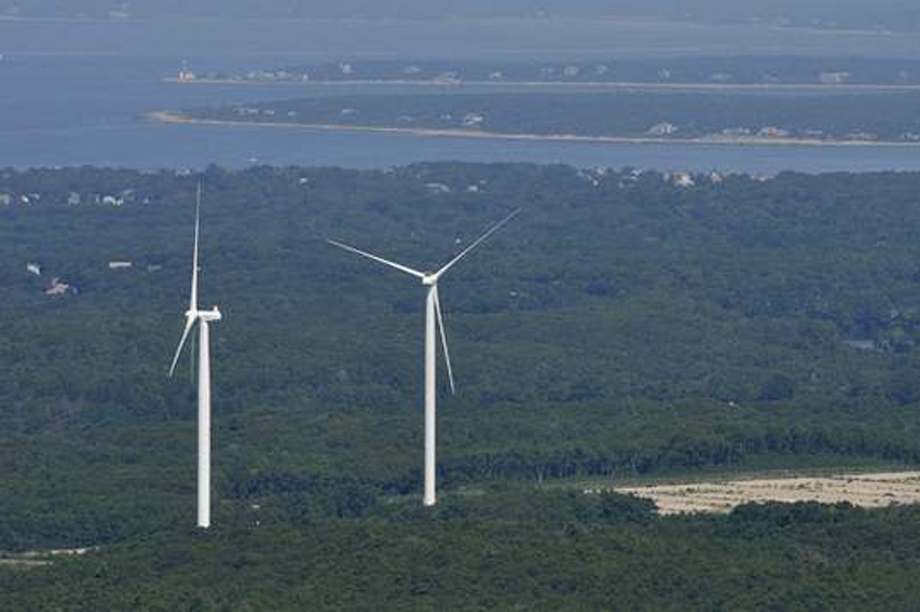The study from think tank the Energy and Policy Institute (EPI) found that when claims are scrutinised under the rules of legal evidence, they are found wanting.
Since 1998, 49 hearings have been held in at least five countries and in four types of court, but only one has found any link between turbines and health impacts.
The paper points to 16 individuals involved in providing evidence in a number of the cases. It challenges their "no-longer-active or irrelevant" medical credentials and highlights the errors in their evidence that led to the failure of the cases.
However, in one case in 2013, a judge did rule that there was credible evidence that detrimental health effects had occurred as a result of living in a close proximity to turbines.
Elizabeth Andersen took the town of Falmouth in the US state of Massachusetts to court to force the curtailment of turbines 335 metres from her home. The judge ruled that her claim was justified and that the turbines should only run for 12 hours a day.
But the EPI report claims that there "is no documentation... that medical experts were brought in as witnesses in this case", with the judge instead choosing to state that he found Andersen's claims of headaches and insomnia "to be credible".
Canadian tribunals
Canada is the centre of wind farm health-related court challenges, with 17 separate hearings for its 7.8GW of wind energy capacity and a population of 35 million. This is mostly due to hearings in Ontario, where 14 environmental review tribunals (ERT) have been hearing the evidence.
The mechanism of the ERT was specifically referenced in the Renewable Energy Act to provide recourse related to specific wind farms, and it is "being heavily exercised", according to the report.
In Australia there were ten cases, while the UK has seen nine hearings. There have been eight cases in the US.
The report found that cases concerning turbines and their possible health effects have increased sharply since the publication of Wind Turbine Syndrome, a book by paediatrician Nina Pierpont in 2009.

.png)


.png)










